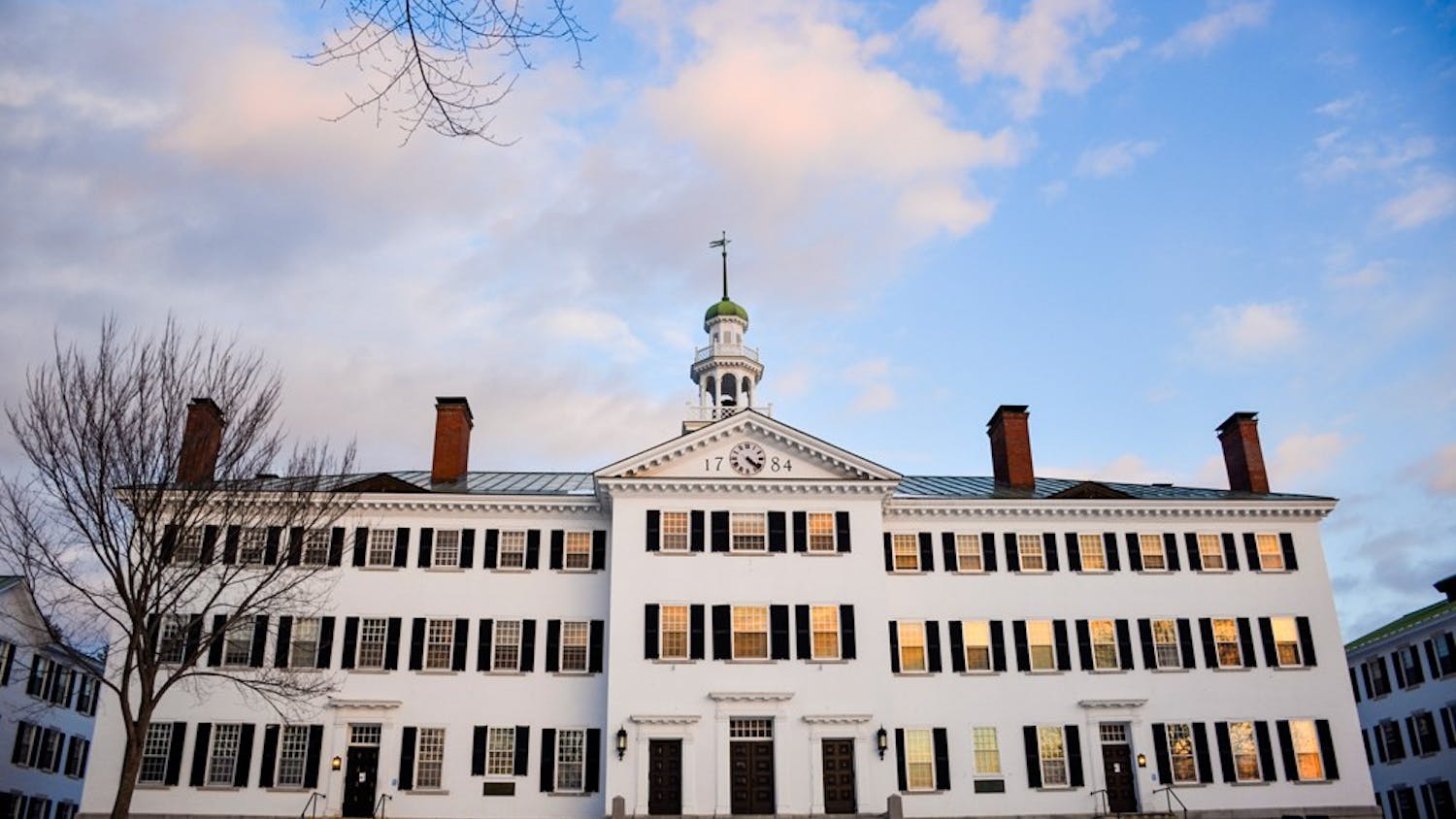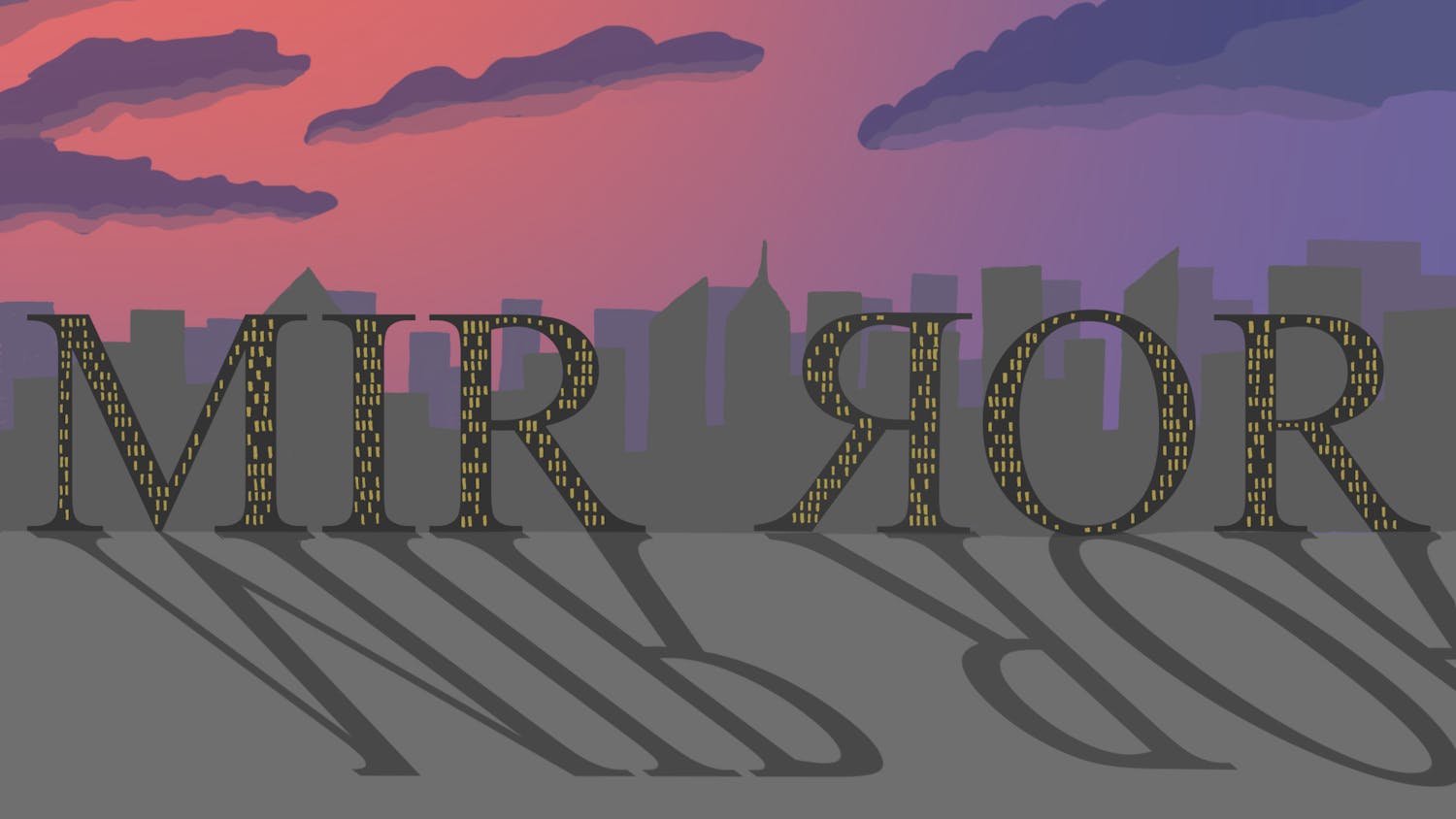For the purpose of diverting readerly ire from the batch of complaints I am about to make, I should confess that I am not an anthropologist. I am also not a sociologist, meteorologist, historian, geologist or meteorologist. In light of these deficiencies, I suppose a lot of this will come across as ignorant riffing on a rather pedestrian pet peeve. All the same, as I gaze about the sylvan rim of the Upper Valley, filled with evergreens and the harsh vanilla blanket of winter, I am terrifically and genuinely confused why anyone would willingly choose to reside here. As an undomesticated Texan, I am partial to sunlight, dust, mesquite, grackles and a clear blue sky. This is the environment in which emotions can soar and dreams can blossom. There a young, earnest bumpkin — unadulterated by the vicissitudes of urbanity and civilization — can find contentment in his lazy appreciation of life’s empyrean beauty.
In Hanover, however, I feel like a nervous bug trapped inside a dirty Styrofoam cup. I don’t think this is the kind of world that I was built for. Thus it seems to me, on reflection, rather odd that my D-plan has wound up with me spending every last one of my winters on campus instead of abroad — or at least located in some part of the country that doesn’t feel like the third act of a Norwegian drama.
I can see how people would grow accustomed to the snow, but I can not fathom how one becomes fond of it. Snow is an impediment to almost everything — it makes walking more arduous, driving more dangerous, circumspection more occluded. During a Hanoverian winter, earth and sky are the exact same tone, from paper-white to smoky gray to the frigid ink-black of night. Even in the dark, though, the snow lurks — ready to melt and freeze, spray and coagulate and slowly seep through fabric and into crevices until it has found human skin where it will thereupon administer a wet and annoying bite.
Zooming out to the bigger picture, the story I learned of how the indigenous peoples of America arrived here says that a whole lot of roving groups of hunters realized that Siberia was beginning to run out of ice-antelope so they had to pop over to what we now call “America” to find some more. Once they arrived in the Upper Valley, they looked around and said, “Hey, this is pretty swell,” before setting up shop until the next round of intruders arrived.
But why? How, before the advent of insulation and central heating systems, was New Hampshire in any way acceptable? I can’t stand even the 10 seconds I have to endure being fully-bundled as I trudge between mechanically warmed modern buildings. How did anyone want to live here? Obviously some people kept trekking southward past the Northeast coast down to the balmy and more hospitable climes of Florida. But why in tarnation didn’t everybody go to Florida?
With electrical lighting, it’s possible to still put in those long hours over books and laptops, doing the sorts of tasks Dartmouth students are privileged enough to refer to as “work” — though I think, sized up against the whole history of human labor, our comfortable chairs, internet access and infinite KAF breaks make our “work” look rather trivial compared to that of the lumberjack or bricklayer of days past. For a moment, however, imagine the era before reliable fluorescent illumination. How did anyone get anything done in the evening? Firelight? Candles? Oil lamps? At best these sources rub small yellow holes in the darkness, around which I suppose a book could be read, a sock darned or a fish gutted.
That leaves aside the gruesome psychosomatics of darkness and the subtle little demon people have named “Seasonal Affective Disorder.” If the nose-hair-freezing cold isn’t enough to deter residence in this region of the country, I should think that the mighty, depressive darkness would drive out any ambition to linger on in these parts. After I complete my fourth year at Dartmouth, I swear I am headed straight for Southern California. Every winter term I sink into a torpor — last winter my room had nothing but a bare mattress on the floor by the window, an island among dirty clothes and trash. There I would lay awake at night, motionless from 10 p.m. to 2 a.m., feeling like a puddle of dissolved humanity adrift in the vast vacuity of outer space, stultified and pulverized by galactic quantities of self-induced ennui and angst. Sapped of all vigor and elan vital, I was the ultimate, pathetic image youth crucified by the thorns of wintry discontentment.
I never feel that way in the summer or in Texas, and I’m never going to let that blurred state recur if I can help it geographically.
Obviously these solutions have answers — I’m just looking for more to mollify my bellyaching besides “Hey buddy I don’t know what you’re talking about! I like the snow!” It just feels like there’s something inhuman about a thoroughly niveous wonderland. Without modern amenities, no hairless biped is suited to dwell within such an enormous, blacked-out, soporific snow globe — not even for four years. Yet they do, maybe as some inadvertent role-play in the human challenge to endure the greater elements of cruelty, obnoxiousness and uneasiness that are the pillars of the 75-year march unto death we naively call “life.”



